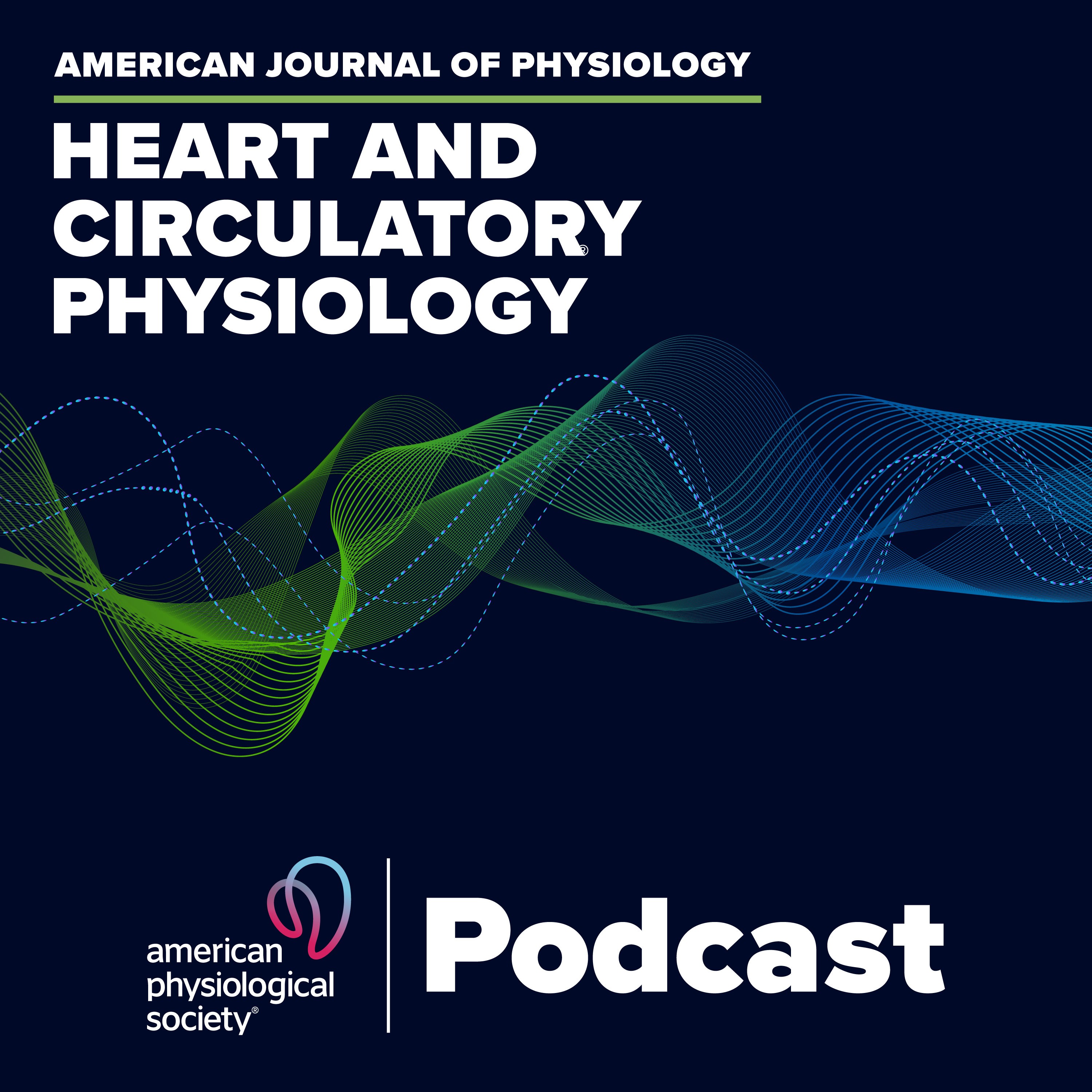Soluble Prorenin Receptor and Vascular Damage
Description
What is the impact of female sex hormones on obesity, diabetes, and vascular dysfunction? In this episode, Deputy Editor Dr. Zam Kassiri (University of Alberta) interviews authors Dr. Bruna Visniauskas and Dr. Minolfa Prieto (both at Tulane University School of Medicine), along with expert Dr. Glen Pyle (IMPART Network at Dalhousie Medicine) about the new study by Visniauskas et al. Using a long-term high fat diet mouse model of type 2 diabetes, the authors found that male mice had higher increases in plasma levels of prorenin and renin soluble prorenin receptor and angiotensin 2, which was also associated with hypertension and carotid artery stiffness, compared to female mice. This led Visniauskas et al. to interrogate a potential causal role of soluble prorenin receptor in development of the diabetes phenotype in the mice fed the high fat diet. Since female mice were less prone to the diabetic phenotype than males, the authors ovariectomized female mice to interrogate the role of estrogen in the development of the diabetes phenotype. Prieto, Visniauskas, and co-authors observed the Type 2 diabetes phenotype in both males and ovariectomized females but not intact females. How does dipping vs. non-dipping hypertension factor in? Will the soluble prorenin receptor emerge as a more reliable biomarker for vascular pathologies related to diabetes? Listen and find out.
Bruna Visniauskas, Virginia Reverte, Caleb M. Abshire, Benard O. Ogola, Carla B. Rosales, Michelle Galeas-Pena, Venkata N. Sure, Siva S. V. P. Sakamuri, Nicholas R. Harris, Isabella Kilanowski-Doroh, Alexandra B. Mcnally, Alec C. Horton, Margaret Zimmerman, Prasad V. G. Katakam, Sarah H. Lindsey, and Minolfa C. Prieto High-plasma soluble prorenin receptor is associated with vascular damage in male, but not female, mice fed a high-fat diet Am J Physiol Heart Circ Physiol, published April 25, 2023. DOI: 10.1152/ajpheart.00638.2022
More Episodes
While decreased IL-33 signaling has been associated with preeclampsia, the mechanisms linking this signaling pathway to disease pathophysiology are not well understood. In this episode, Associate Editor Dr. Amanda LeBlanc (University of Louisville) interviews author Dr. Denise Cornelius...
Published 06/04/24
Published 06/04/24
In this episode, Associate Editor Dr. Jonathan Kirk (Loyola University Chicago) interviews author Dr. Ed Lesnefsky (Richmond Department of Veterans Affairs Medical Center and Virginia Commonwealth University) and expert Dr. Chi Fung Lee (Oklahoma Medical Research Foundation) about the new Methods...
Published 05/03/24


